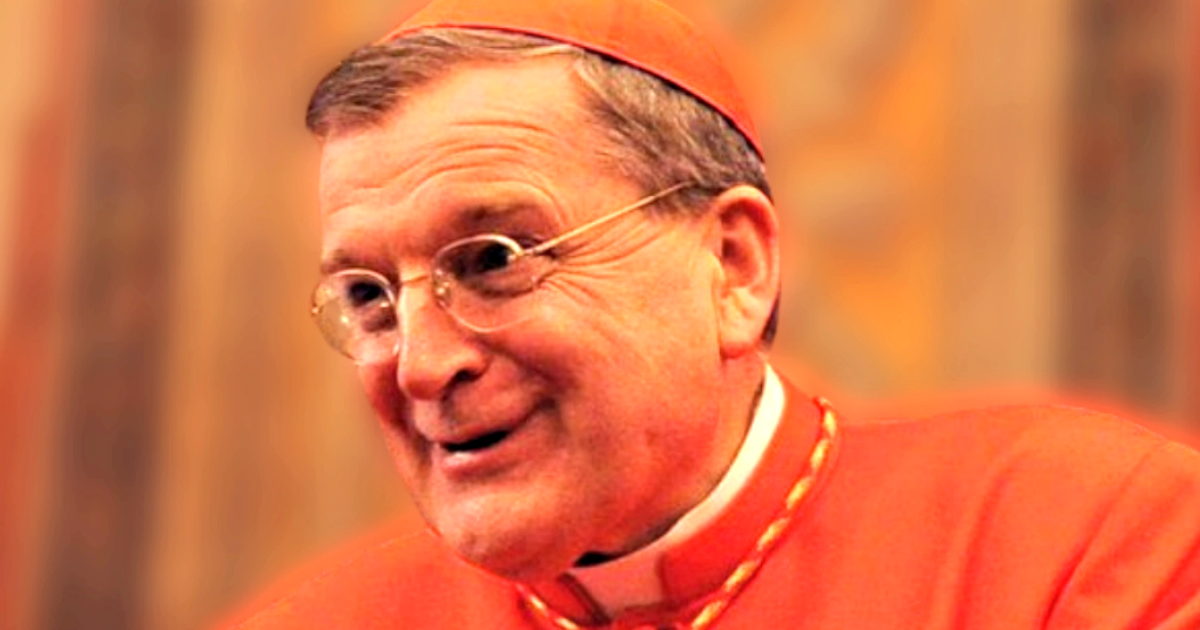Conservative champion, American Catholic Cardinal Raymond Burke has been opposing Pope Francis’ Globalist policies from the very start of his papacy.
On the eve of this year’s divisive synod, Burke even presided over a ‘counter-synod’ of sorts just steps away from St. Peter’s Square.
Burke fiercely rebuked Francis’ vision of ‘synodality’ as well as his overall reform project for the church.
“’It’s unfortunately very clear that the invocation of the Holy Spirit by some has the aim of bringing forward an agenda that is more political and human than ecclesial and divine’, Burke told the conference titled ‘The Synodal Babel’.”
Reaction was swift, as Francis stripped Burke of Vatican privileges that include a rent-subsidized apartment. The pope was quoted as saying that Burke was ‘working against the Church and against the papacy’ and that he was sowning ‘disunity’.
Reuters reported:
“Conservative American Cardinal Raymond Burke, one of Pope Francis’ fiercest critics, had his first private audience with the pontiff in seven years on Friday, a month after the pope said he was stripping him of some of his Vatican privileges.
Asked by Reuters outside his residence in Rome if the meeting had gone well, Burke responded: ‘Well, I’m still alive’.”
Read: Pope Francis Faces Growing Worldwide Pushback Against His ‘Same-Sex Blessing’ Doctrine
The cardinal declined to discuss the content of his first private audience with Francis since 2016.
The meeting was listed on the pope’s official schedule, but there’s no mention of what was discussed.
“Burke is a hero to traditionalists in the Church, particularly in the U.S., where he often has been a guest on conservative Catholic media outlets that have made criticism of the pope a mainstay of their operations.
He has had an antagonistic relationship with Francis from the early years of his papacy. In 2014, a year after Francis was chosen, the pope removed Burke as head of a Vatican tribunal and moved him to a largely ceremonial post several days after Burke said the Church under Francis was ‘like a ship without a rudder’.”
Read more:


